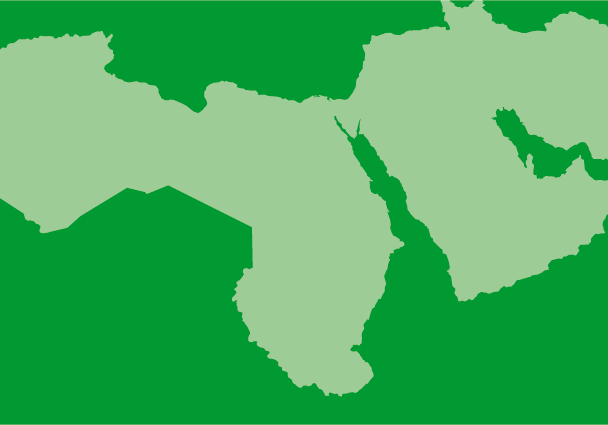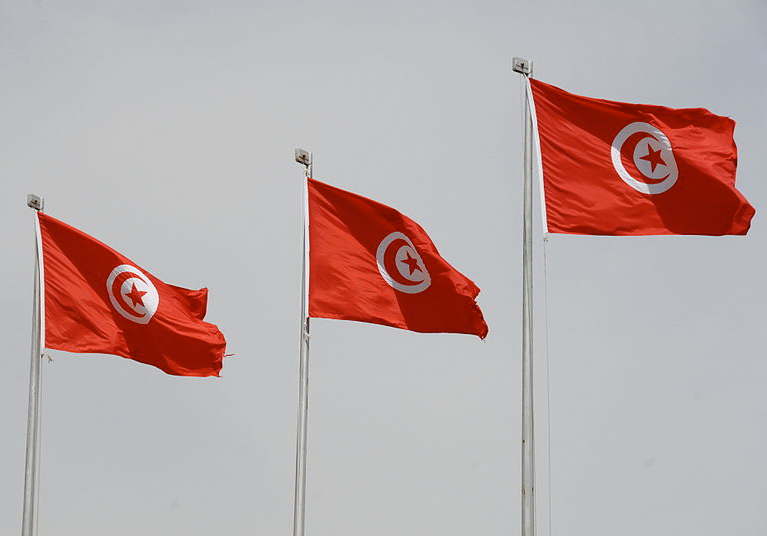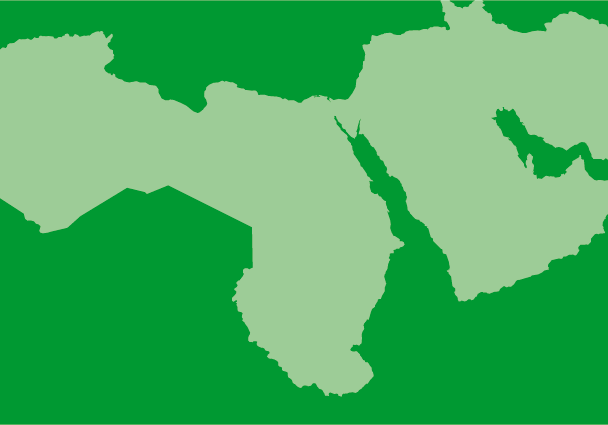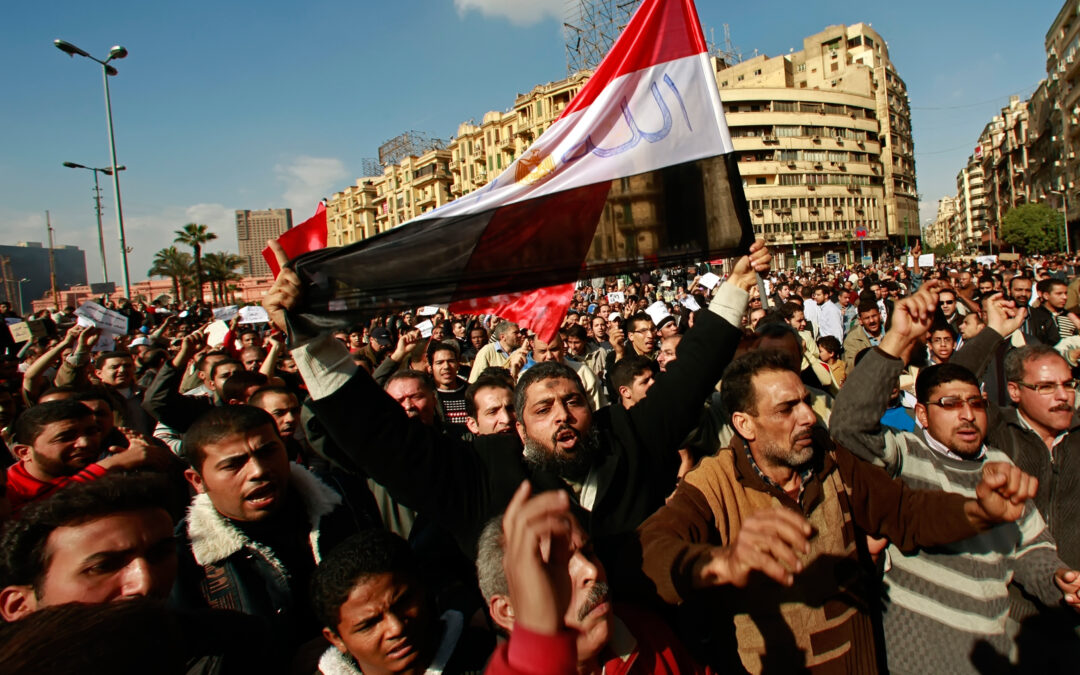
Mar 14, 2014
The ICJ brought to the attention of the UPR mechanism issues regarding the effective impunity of the security and armed forces in Egypt for past and present human rights violations, and other key issues to be addressed in the review of Egypt’s compliance with international human rights.
From 27 October to 7 November 2014, the Human Rights Council’s Working Group on the UPR will consider the situation of human rights in Egypt. Ahead of the Working Group’s review, the ICJ has made a submission in which it has identified suggested recommendations concerning:
- The rule of law and civilian oversight of the armed forces;
- The independence of the judiciary and the use and jurisdiction of military courts; and
- The effective impunity of the security and armed forces for past and present human rights violations.
Egypt-UPR20-StakeholderSubmission-LegalSubmission-2014 (download full submission in pdf)

Jan 31, 2014
In a position paper published today, the ICJ assesses the conformity of key provisions of the new Constitution with international law and standards.
On 26 January 2014, three years after the ouster of President Ben Ali, the Tunisian National Constituent Assembly voted for the new Constitution.
The ICJ believes that the adopted Constitution is the product of a representative and inclusive process.
The Constitution provides for better guarantees for upholding the rule of law and protecting human rights.
It expands on the rights provided for by the 1959 Constitution and establishes a more balanced separation of powers.
Nevertheless, in certain key respects, the Constitution falls short of international law and standards.
The ICJ recommends that the Tunisian authorities take into account the deficiencies in the Constitution highlighted in this paper when enacting legislation to implement constitutional provisions and defining public policy.
Tunisia-New Constitution assessment by ICJ-Advocay-Position Paper 2014 (full text in pdf)

Jan 31, 2014 | Plaidoyer
Dans une prise de position publiée aujourd’hui, la CIJ évalue la conformité des principales dispositions de la nouvelle constitution avec le droit et les normes internationales.
Le 26 janvier 2014, trois ans après l’éviction du président Ben Ali, l’Assemblée nationale constituante tunisienne a voté pour sa nouvelle constitution.
La CIJ estime que la constitution adoptée est le produit d’un processus représentatif et inclusif.
Néanmoins, à certains égards, la constitution est en deçà du droit international et des normes internationales.
A ce titre, la CIJ recommande aux autorités tunisiennes de prendre en compte les déficiences de la constitution mise en évidence dans ce document.
Tunisia-Evalusation Nouvelle Constitution-Advocacy-Position Paper 2014-Fr (Texte complet en PDF)

Jan 13, 2014
The ICJ today asserted that the draft Constitution to be voted on in a referendum on Tuesday and Wednesday is highly flawed and should be modified if it is to serve as a suitable basis for upholding the rule of law in a democratic Egypt.
The referendum campaign has taken place within a context of fear, intimidation, and repression, calling into question the fairness of the entire process, the ICJ says.
The deficiencies are manifested in the content of a number of the draft Constitution’s provisions and the procedure under which the draft was elaborated, which are incompatible with rule of law principles and international human rights standards, the Geneva-based organization adds.
If the draft Constitution is to be approved, the next elected House of Representatives should remedy these deficiencies by amending the Constitution and initiating legal and policy reforms in line with international standards.
In a position paper published today, the ICJ details how the process of adopting a new Constitution in Egypt contravenes basic principles of inclusive participation, representation, and transparency.
It says the manner of selection and the criteria upon which the members of the expert committee and the committee of 50 were chosen lacked any semblance of democratic legitimacy and representation.
The ICJ is also concerned that the draft Constitution resulting from this procedure reproduces most of the provisions and omissions of Egypt’s past Constitutions, and therefore does not serve as an appropriate foundation on which the rule of law can be established.
The draft Constitution would continue to shield the armed forces from accountability and civilian oversight, would not limit the jurisdiction of military courts to try civilians, provides few guarantees for judicial independence, and would subject various rights and freedoms to “the regulations of the law.”
The ICJ is concerned that such “regulations” might have the potential to erode the very essence of these rights.
For example, while Article 73 of the draft Constitution guarantees the right to freedom of assembly, Law 107 of year 2013 gives the authorities wide powers to ban public meetings and peaceful demonstrations if deemed a “threat to public order”.
The law also empowers the security services to forcibly disperse peaceful protests, including by using lethal force even when it is not strictly necessary to protect lives.
“The current constitution-making process resembles the muddled and highly flawed processes of 2011 and 2012 and is yet another missed opportunity to break with the practices of the past,” said Said Benarbia, Director of ICJ’s Middle East & North Africa Programme. “The Egyptian authorities should undertake a legitimate and participatory process to amend the draft Constitution to ensure its full compliance with international standards, including those guaranteeing independence of the judiciary, ensuring the accountability of the armed forces and their subordination to legitimate civilian authorities, and recognizing universally accepted human rights.”
Contact:
Said Benarbia, Director, ICJ Middle East and North Africa Programme, t: + 41 22 979 38 17, e-mail: said.benarbia(a)icj.org
Egypt-PolicyPaper new Constitution-advocacy-2014 (download position paper in pdf)
Photo: Carolyn Cole/Los Angeles Times/MCT

Dec 9, 2013
The ICJ continues to be concerned at certain policies and practices of target killing, particularly through the use of drones, by the United States and others, in the context of counterterrorism operations.
This legal memoranda by ICJ Legal and Policy Director Ian Seiderman, entitled The United States Targeted Killing Policy and the Threshold of Armed Conflict, addresses the US war paradigm and what is arguably a misapplication of the appropriate legal regime when conducting counterterrorism operations in a number of countries.
USA-ICJ memo on targeted kilings-advocacy-analysis brief-2013 (download in pdf)
This article appeared in European University Institute’s Robert Schumann Centre for Advanced Studies publication entitled, Targeted Killing, Unmanned Aerial Vehicles, and EU Policy, Policy Paper 2013/17available at http://globalgovernanceprogramme.eui.eu/news-events/high-level-policy-seminars/targeted-killing-unmanned-aerial-vehicles-and-eu-policy/








